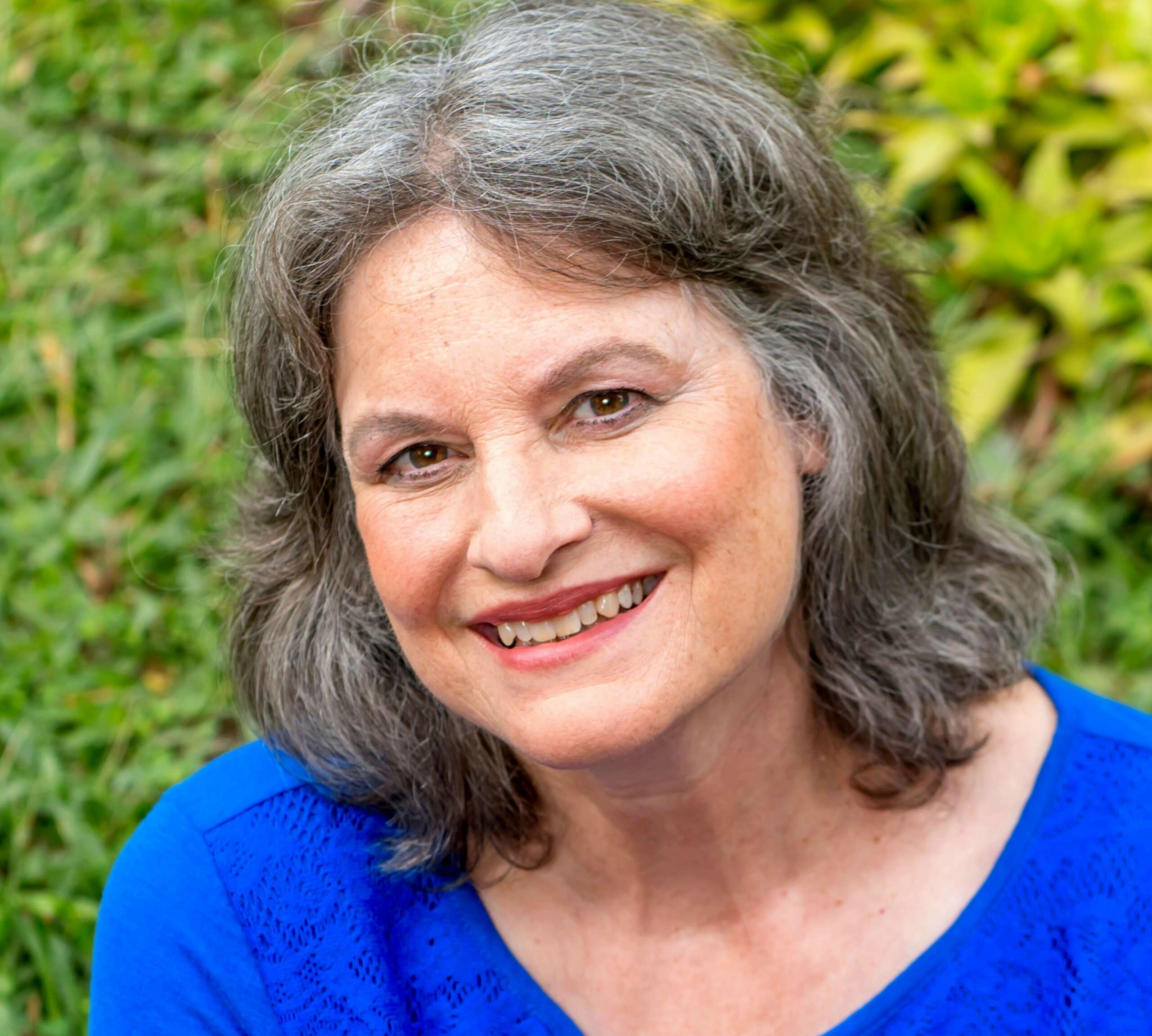We’re excited to introduce you to the always interesting and insightful Sandra Matheson. We hope you’ll enjoy our conversation with Sandra below.
Alright, Sandra thanks for taking the time to share your stories and insights with us today. Have you ever experienced a times when your entire field felt like it was taking a U-Turn?
I am a lifelong farmer/rancher. I bought and raised my first little herd of calves at around 10 years old. At that time the industry was focused on maximum production and industrialized farming was growing seemingly exponentially. It was go big or go home. Small farms couldn’t keep up with the big ones and were bought out, forced out, or the farmers simply got old and gave it up. The days of buying your milk from the dairy down the road or having your meat cut to your specifications at the local butcher slowly faded into the sunset.
As a society, we have become dependent upon large grocery chains and having food or other items delivered to our doorstep. If something happens to collapse the supply chain, then there is going to be a huge wake-up call. Not to mention what we are doing to our water, soil, air, and our bodies!
Recently there has been more awareness of healthy eating, climate change, carbon footprints, and optimizing production vs. maximizing it.
About 30 years ago, I began to learn more about the advantages of grass-fed and finished meat on many levels. I evolved from selling calves at the auction (destined for feedlots) to grain-fed beef and then to grass-fed and finished meat sold directly to the end consumer. This addressed many issues at the same time – health, pollution, climate change, and potential supply chain concerns.
My like-minded friends and colleagues and I formed a not-for-profit organization called Roots of Resilience. We created some wonderful programs to encourage and empower women in agriculture. In these 5-day intensive camps (plus follow-up), we create a safe educational space where women interested in learning about regenerative agriculture can learn new and practice new skills, overcome obstacles, and find community. The result is a lot of small farms using practices that are good for people, finances, and the planet – a holistic approach to farm and ranch management. Facilitating these programs is one of the most fulfilling experiences I have ever had. And just to be fair, we offer co-ed camps as well.
I am thrilled about the trend to smaller farms, holistic practices, optimum production, and better access to local food. I want to leave this land better than I found it. I want to supply healthy, tasty food that is raised humanely and holistically to my community. And I want to inspire new farmers to do the same.
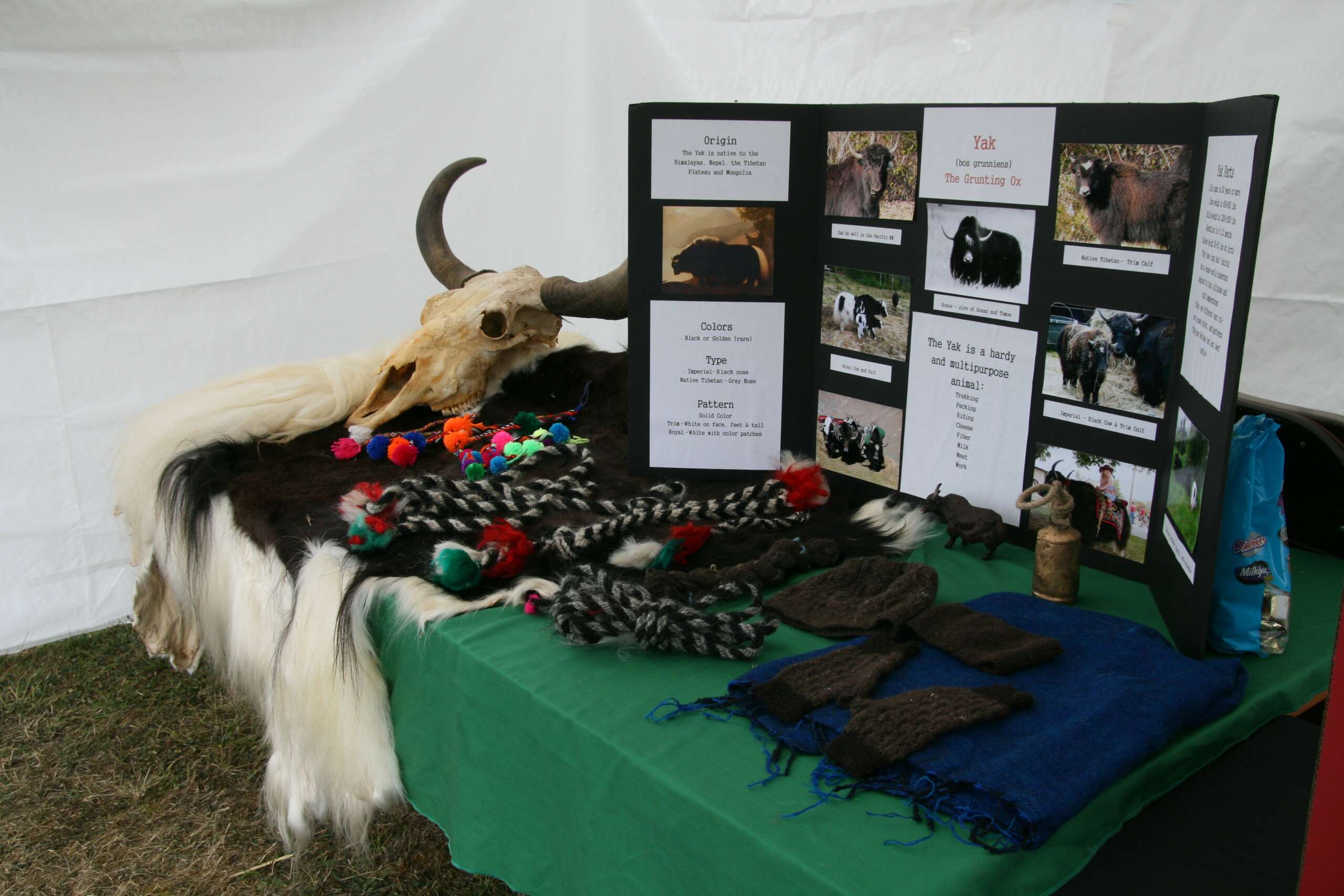
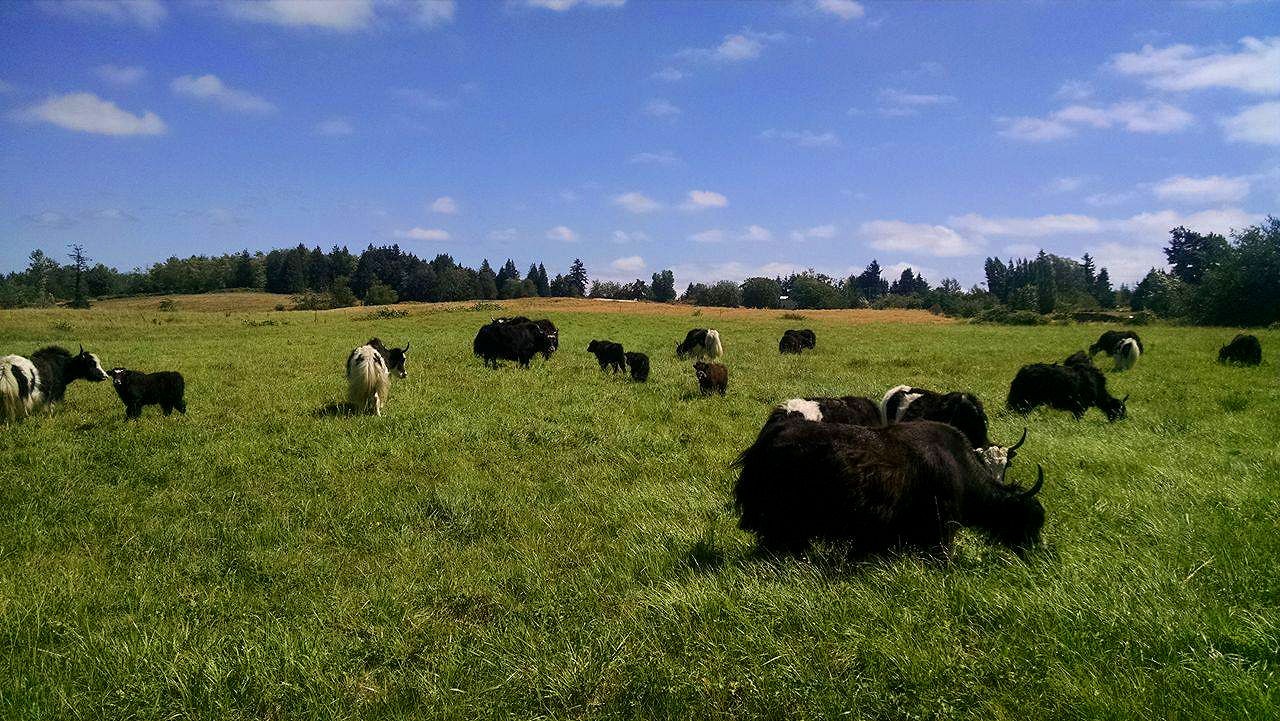
Sandra, love having you share your insights with us. Before we ask you more questions, maybe you can take a moment to introduce yourself to our readers who might have missed our earlier conversations?
I am a third-generation lifelong farmer/rancher, a retired veterinarian, a writer, filmmaker, photographer, and trainer in Holistic Management and regenerative agriculture. I volunteer as a Community Emergency Response Team trainer and as a member of the Whatcom County Office of Emergency Management’s Incident Management Team. Located in Whatcom County of Washington State, Matheson Farms has embraced responsible, environmentally sound, and humane practices for generations. I bring a lifelong passion to creating a healthy, balanced, regenerative environment for my farm, customers, and planet. Our wide selection of grass-finished beef and yak products are lean, wholesome, and incredibly tasty.
Matheson Farms has been in the family for 70 years. We have three generations currently living here. The grass-fed and finished meats are sold at our farm stand and through our meat CSA. In addition to meat, we sell sound and functional beef and yak breeding stock.
I am proud of the regenerative practices we use on the farm as well as the healthy and tasty products we offer to our customers. I work hard to educate my customers about their food and how regenerative agriculture is good for the people, the planet, and our economy. The New Cowgirl and New Rancher Camps I co-facilitate teach others how to farm in that way.
I enjoy screenwriting and filmmaking. I co-authored a bestselling book and I am currently finishing a book about embracing maturity.
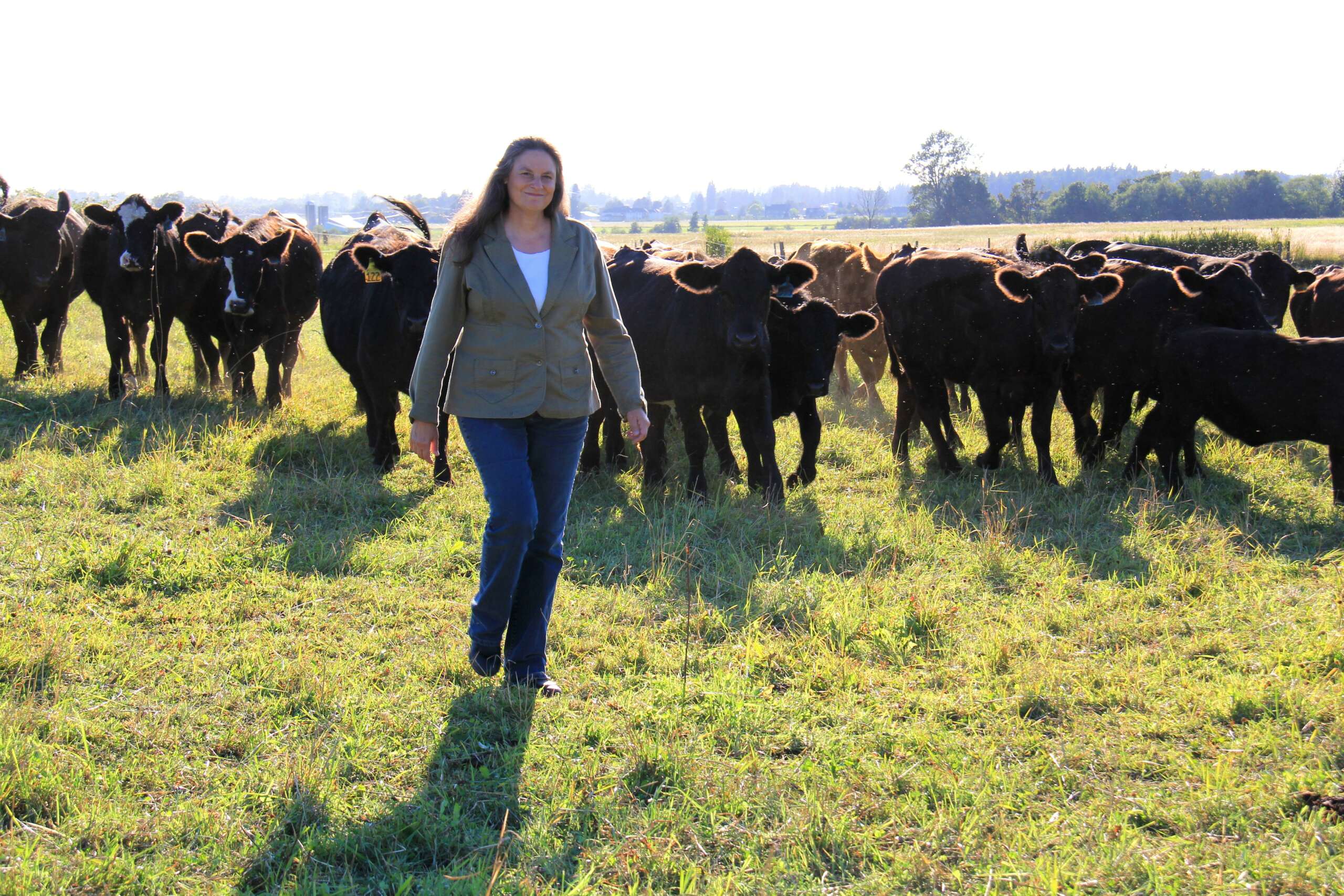
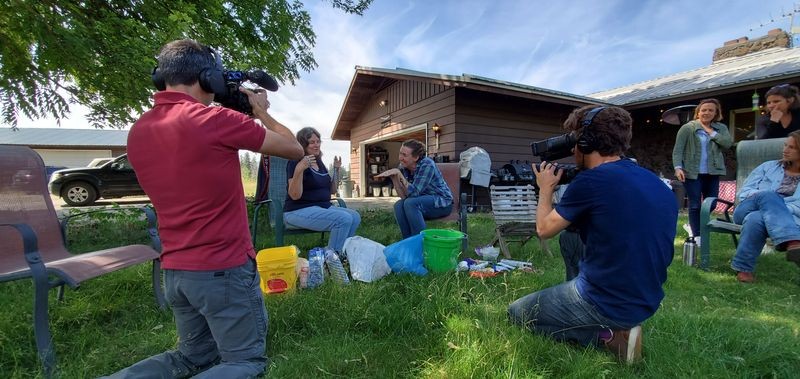
If you could go back, would you choose the same profession, specialty, etc.?
I was born into farming. I didn’t have any neighbor kids to play with so I spent my time with the animals. I can’t imagine not having them in my life. I feel a tremendous responsibility to do my part to improve the land and educate others. I have also loved the arts. Photography, screenwriting, and filmmaking are very important to me.
If I were to do it all over again, I would put systems in place so I had more time to pursue my creative endeavors. I am currently downsizing and reducing the workload.
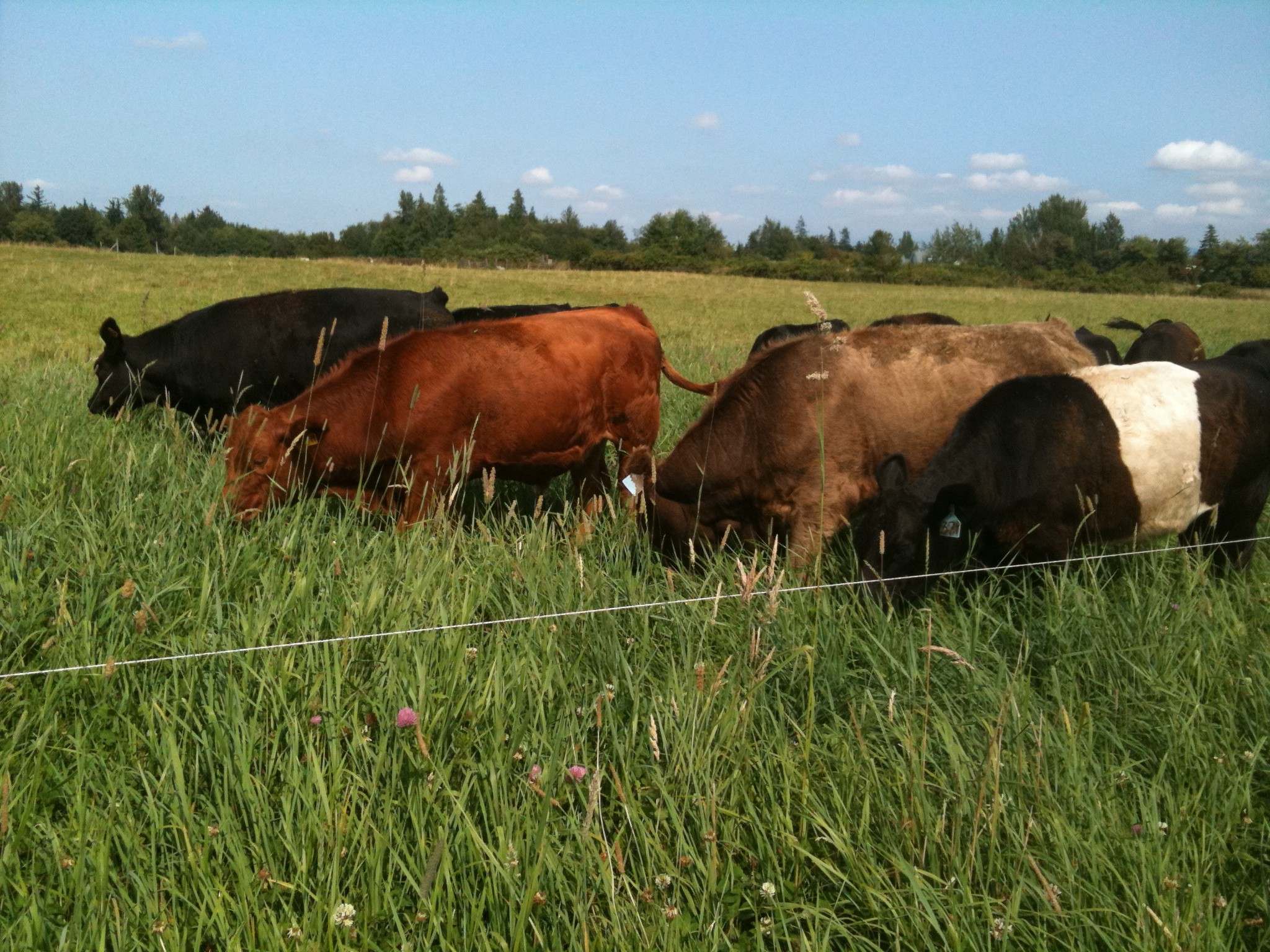
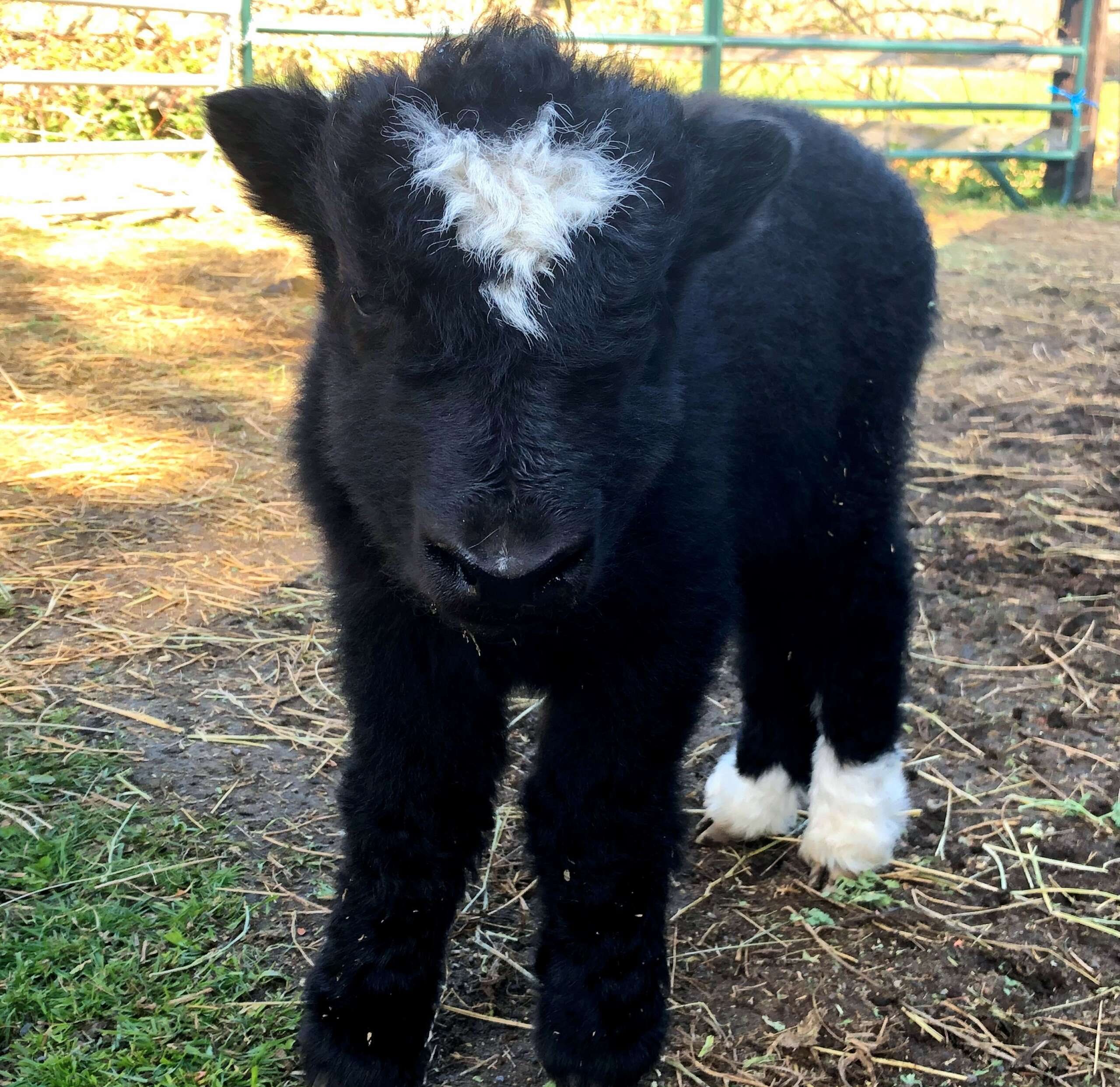
Can you share a story from your journey that illustrates your resilience?
At one time I was overworked, in a bad marriage, and the farm was losing money. I became ill from the chemicals in the workplace. On top of that, there was a great deal of bad press regarding farmers. It seemed like everything was negative in the world. I was faced with some tough choices to make. After much reflection, I ended my marriage, quit my job (not the best timing on those two), and decided that I needed to figure out how to make a living on the farm. I spent most of my remaining money on a business coach and things moved in the right direction from there. It was a difficult time and quite a challenge but I managed to build up my wholesale and retail beef business. Later I accidentally ended up with yaks – another story.
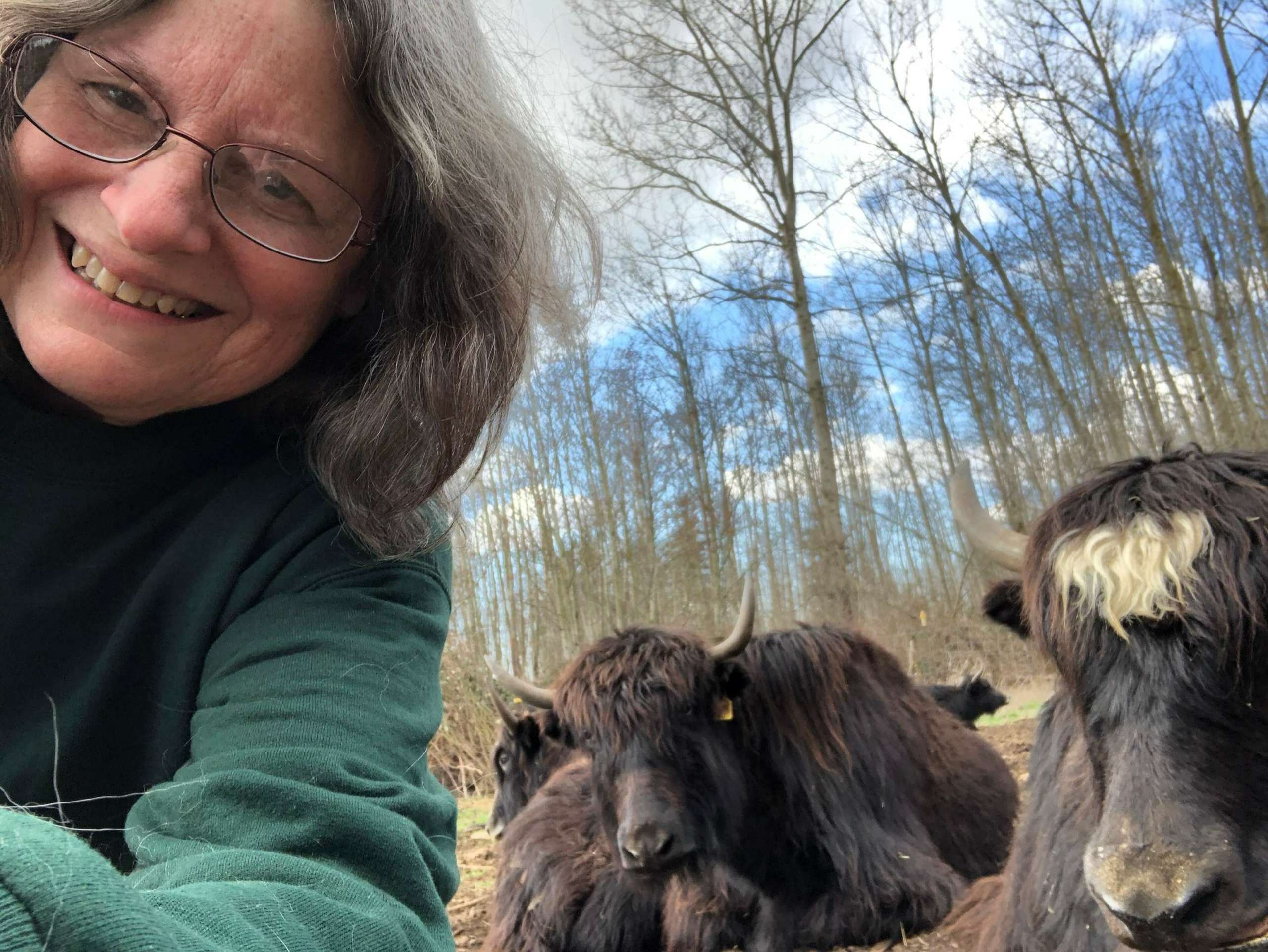

Contact Info:
- Website: https://MathesonFarms.com
- Facebook: https://www.facebook.com/MathesonFarms
- Linkedin: https://www.linkedin.com/in/sandramatheson
- Youtube: https://www.youtube.com/@raincrowfilm
- Other: https://www.flickr.com/photos/edensgate


